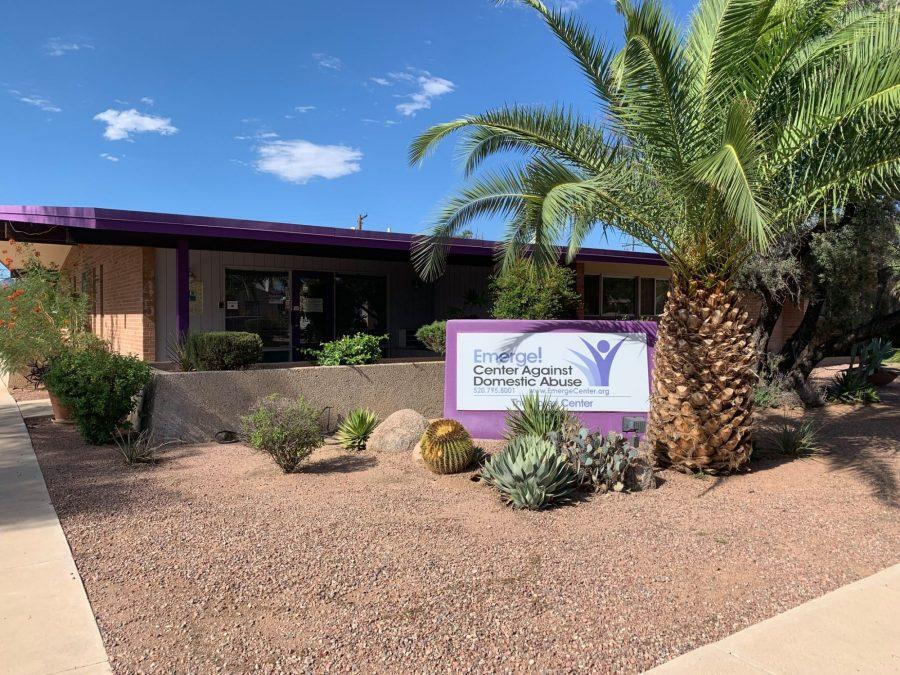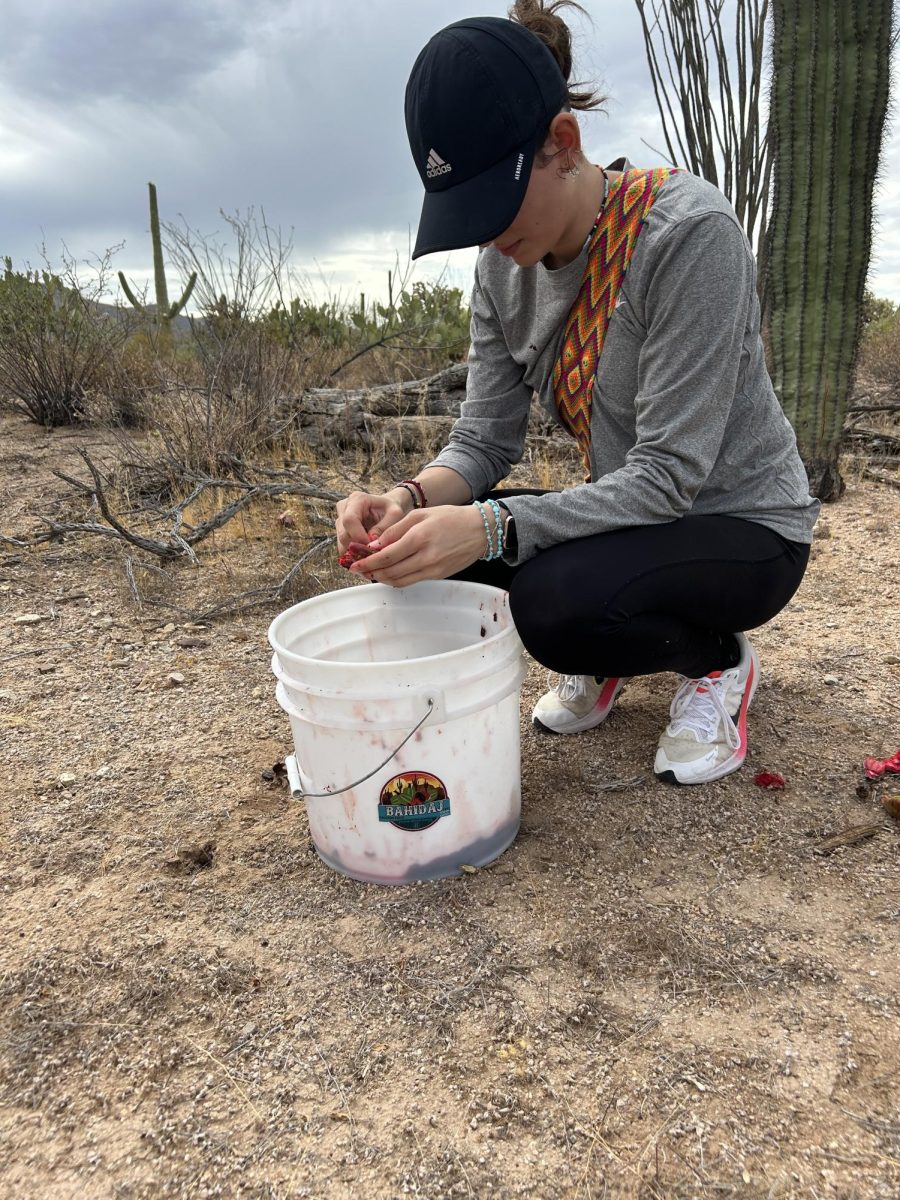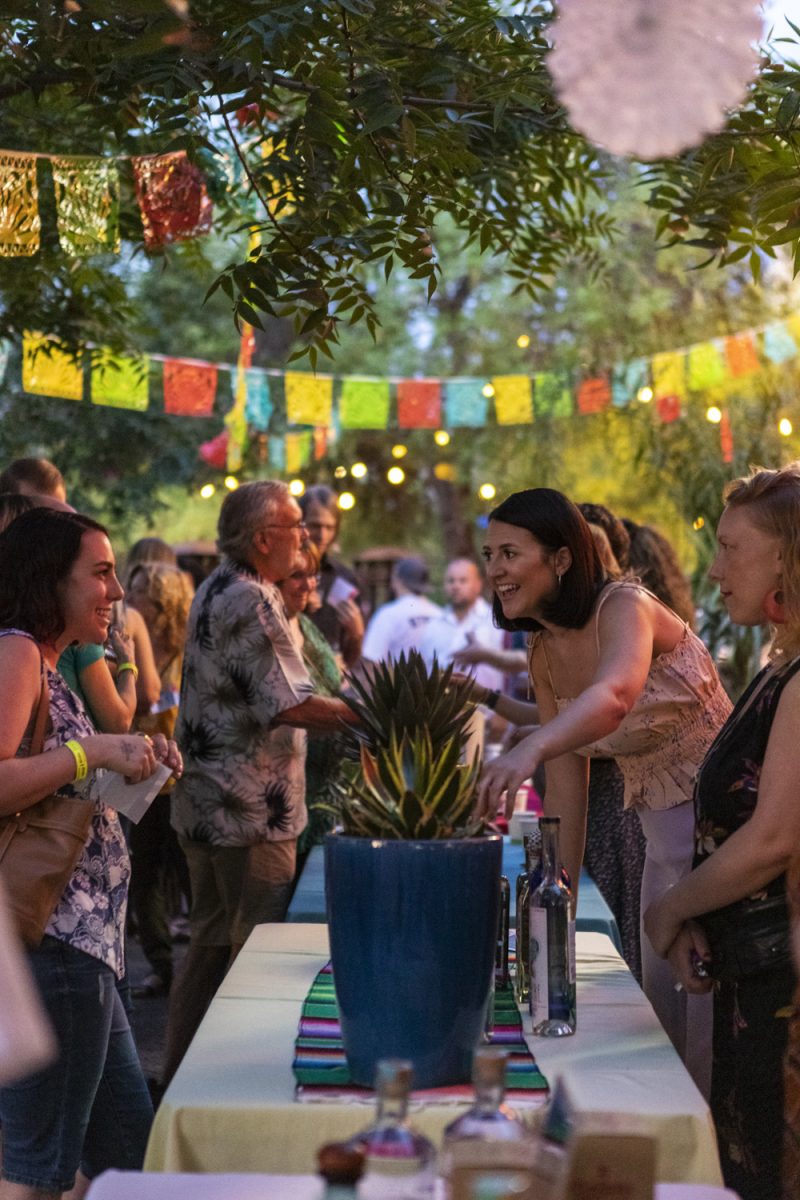Every minute, 20 people suffer physical abuse from their partners according to the National Coalition Against Domestic Violence. The pandemic may have slowed economic trends, but unfortunately the domestic violence clock ticks on. Most concerning are the effects social distancing and quarantine measures have had on victim outreach rates.
Melissa Barnett, University of Arizona professor of family studies and human development, noted that stress increases the likelihood of conflict. What’s unique about the pandemic, Barnett mentioned, is that it forces individuals and families to “experience a number of stressors simultaneously.”
According to Barnett, parents needing to make new arrangements for childcare or homeschooling may have to decide which work schedules to sacrifice, for example. Financial straits caused by job or income loss – staples of work-life in a COVID-19 world – can lead to partner conflict and spillover to parenting. Barnett also pointed out that rises in food insecurity and eviction concerns “contribute to parents experiencing psychological distress that increases the likelihood [of] conflict in close relationships.”
According to Barnett, the breakdown of support networks is especially troubling because they often serve as watchdogs and buffers. Social isolation measures separate victims from coworkers, teachers, friends and family who notice and report abuse. Sharing childcare responsibilities or even something as simple as venting are no longer viable options to ease frustration.
“Finding ways to support families and ensuring their basic needs like childcare, food and housing are met,” Barnette said.
This is especially true for preventing the pandemic from exacerbating longstanding inequalities for the most vulnerable in our communities.
RELATED: From visas to voting, international students express their thoughts on the upcoming election
Elise Lopez, director of UA Consortium of Gender-Based Violence adds that COVID-19 complicates how and if victims seek help. There’s uncertainty about whether services are still available in light of most facilities shutting down. Fear about being shamed for breaking social distance dissuades victims from reporting, especially college students who experienced abuse at parties or after new dates.
According to Lopez, victims must also weigh the dangers of moving into a shelter or getting medical help and possibly contracting the virus against their situations. Deciding to reach out for services is made more difficult if the victim is “stuck in the house with their abuser all day.”
Lopez shared that the number of calls received by service providers has gone down but the severity of cases has risen. This doesn’t mean domestic violence is on the decline, but rather that victims wait to report until their situation worsens untenably or they experience suicidal thoughts. Similarly, Lopez mentioned that child abuse reports have plummeted as primary identifiers like teachers, care providers and extended family no longer have contact with the victims.
People should “create their quarantine bubbles,” Lopez replied when asked about what measures should be taken to mitigate domestic violence rates in a socially distanced environment. According to Lopez, maintaining relationships with people that help victims feel safe and supported discourages abuse by subtly threatening the abuser with potential exposure.
According to Lopez, equally important are the outreach strategies employed by service providers. Victims should be informed that services are still available and that they’re safe to access. Social media campaigns and local advertising are good avenues to get the message across.
Lopez worries that students especially will question if university services are still accessible, given that much of the school is closed. She noted that the Office of Institutional Equity, which handles reports of dating violence and sexual assault, is still operating, as is the Survivor Advocacy Program, which now offers advice and referrals in a virtual capacity.
A community-wide organization still serving victims of domestic violence in spite of the pandemic is the Emerge Center Against Domestic Abuse.
Their CEO, Ed Mercurio-Sakwa, noted that Emerge is the only comprehensive domestic violence service provider in the area and its goal is to “respond to the needs of anybody who’s experiencing domestic abuse or is impacted by it.” Services include a 24/7 multilingual hotline, emergency shelter, support groups, counseling, a housing program and basic legal assistance.
According to Mercurio-Sakwa, Emerge experienced a declining number of calls during the height of the pandemic. An average of 18 to 20 calls a day fell to 14 to 15 calls. They’re only just beginning to return to normal levels. Victims who did call the hotline stated that isolating with their abusers made reaching out much more challenging.
Where possible, services have shifted to telephonic or zoom based formats. The shelter, previously made up of shared rooms and communal living spaces, moved to a non-congregate model using hotel rooms to conserve recommended social distancing precautions.
RELATED: UA Webinar examines US-China relations since COVID-19
Mercurio-Sakwa noted that Emerge has fortunately been able to sustain the same capacity level as before. Thanks to early changes, the few cases of COVID-19 that occurred among shelter residents were effectively contained and prevented from spreading.
According to Mercurio-Sakwa, the pandemic forced Emerge to adapt its services and several of these adaptations may become long term practices. Emerge intends to continue making a virtual option available and hopes to keep the non-congregate shelter model in place.
“COVID-19 will still be with us for a long time, and even when it’s long gone, there are still many other communicable diseases,” Mercurio-Sakwa said.
In the end, the first line of defense for a victim of domestic violence is the people around them. Mercurio-Sakwa acknowledged that October’s designation as domestic violence month is helpful for spreading awareness but domestic violence is something that occurs all year long.
“This is not something that only happens in October,” Mercurio-Sakwa said. “It happens 365 days a year, all 12 months of the year. We hope people are reaching out to folks in their lives that are being impacted by it all year long.”
Follow Gloria Gomez on Twitter















